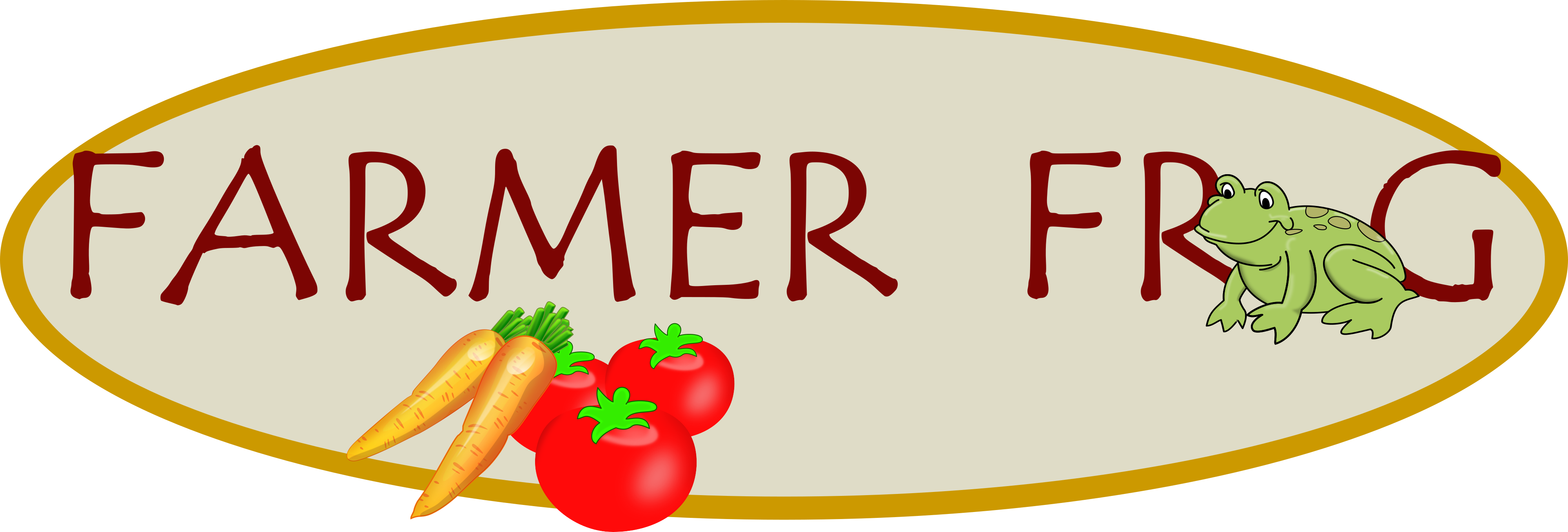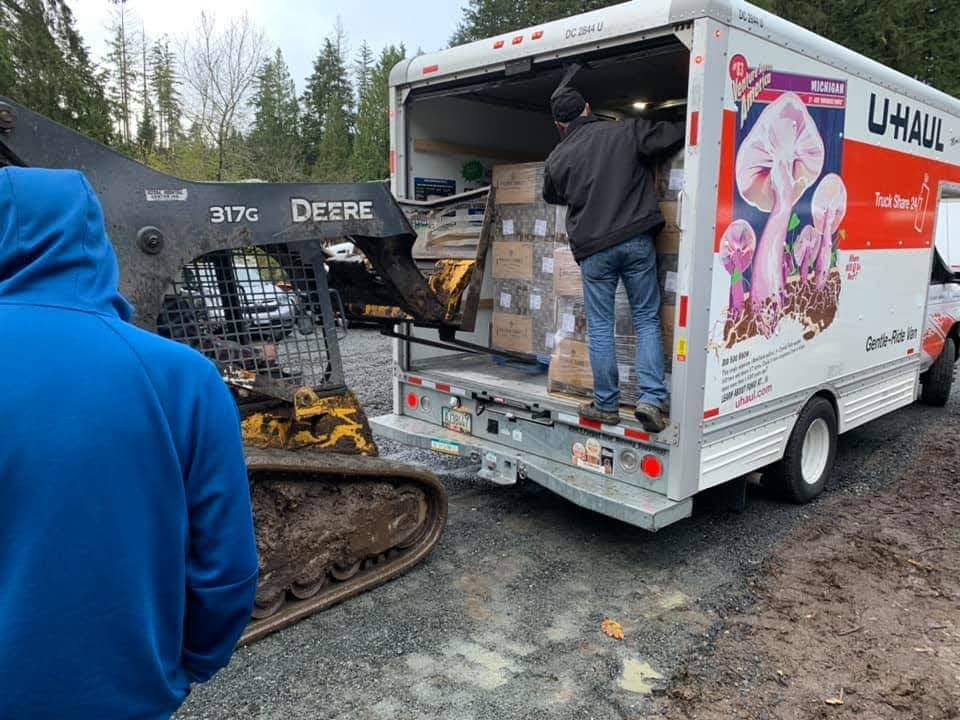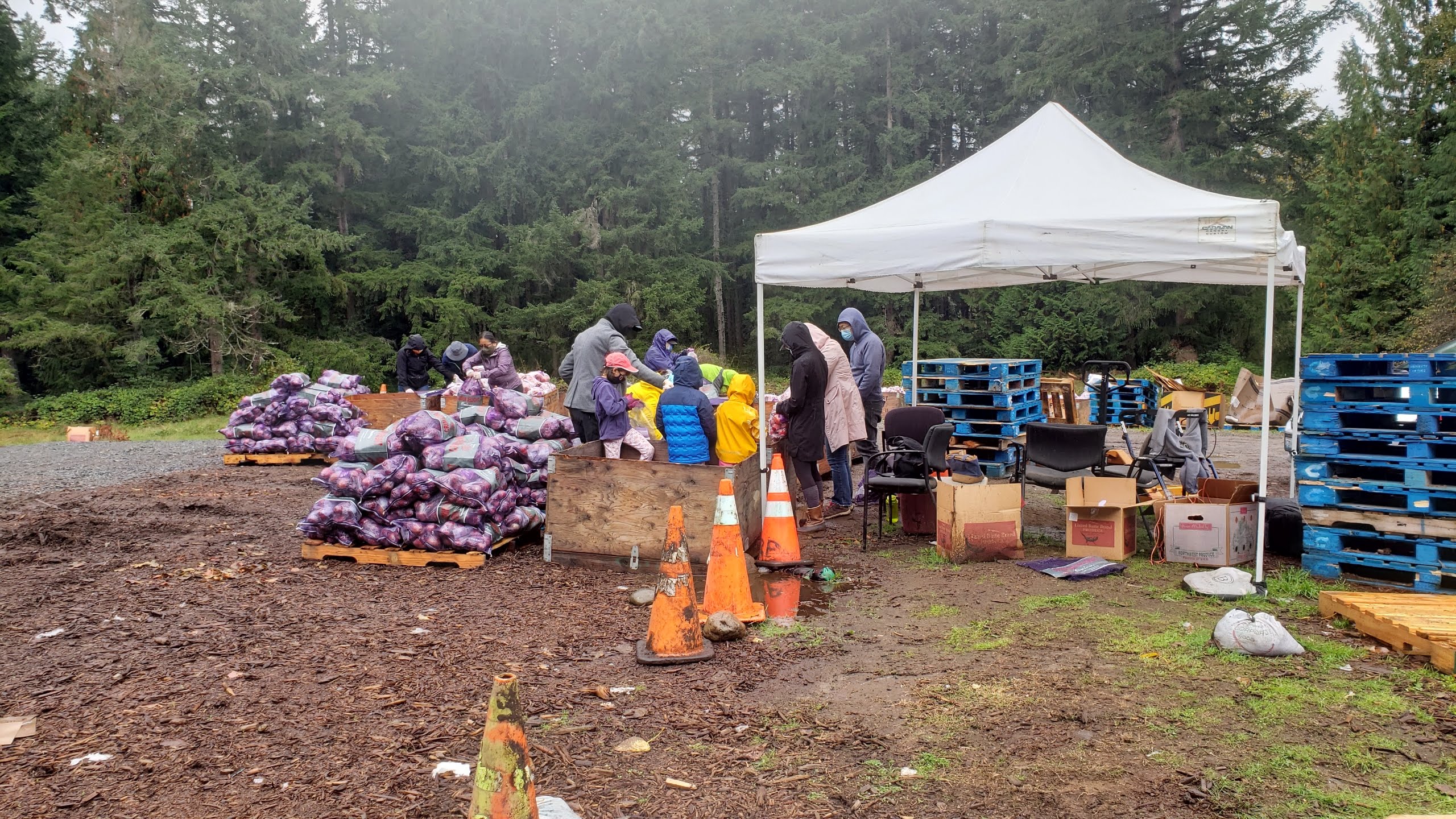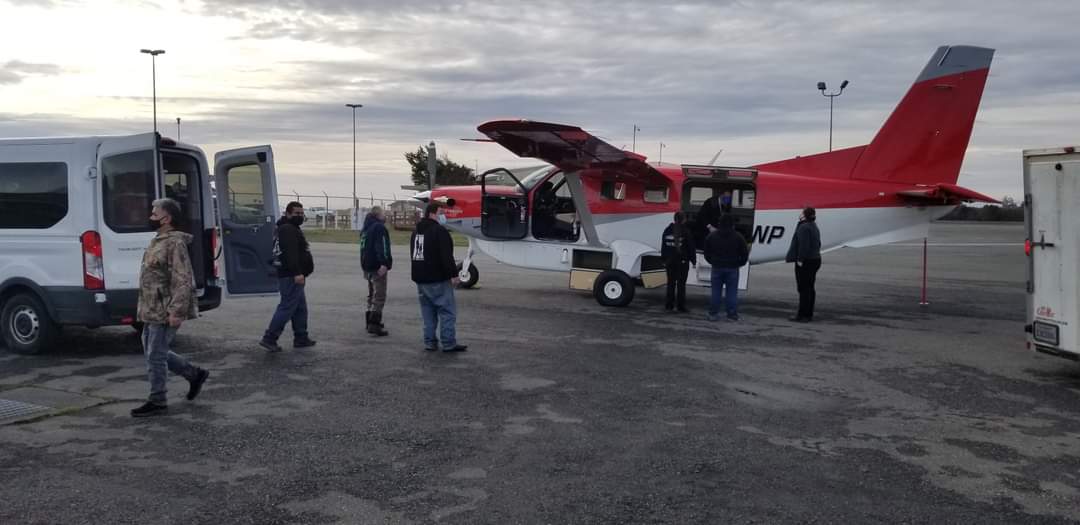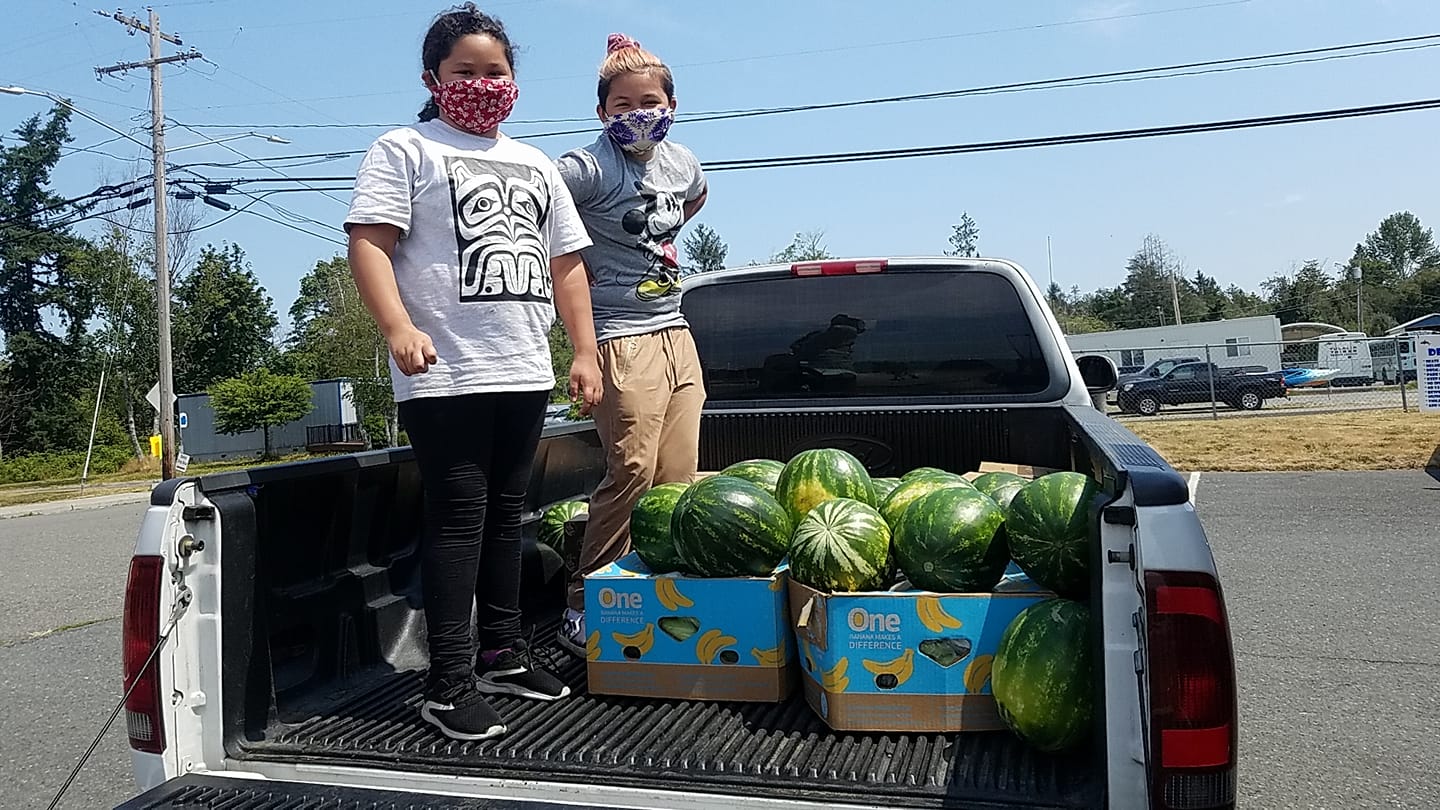Distribution and Food Assistance
Feeding Communities, Bridging Gaps
At Farmer Frog, we believe food is a right, not a privilege. Before the pandemic, we supported over 25,000 families in the Puget Sound. When COVID-19 struck, we expanded rapidly—reaching those left out of traditional food systems: Tribal nations, BIPOC communities, elders, refugees, and others facing barriers to access.
We serve:
– Faith and community-based organizations
– Food banks and grassroots groups
– Veterans, elders, schools, and housing communities
– Government agencies and meal programs
We launched an Emergency Hunger Relief Operation, now based at our FLOOR distribution center in Snohomish, WA. From there, we move food by land, air, and sea—wherever it’s needed most. With over 1,000 dedicated volunteers and strong partnerships, we’ve delivered more than 500,000 pounds of food and PPE to remote communities, including Alaska Native Villages and wildfire-affected areas in Washington.
We’re proud to deliver with speed, equity, and heart. Our team reflects the communities we serve—many of us have lived through food insecurity ourselves. That’s why we show up, every time, for anyone in need.
Need support? Reach out to us. We’re here—and we go the distance.
